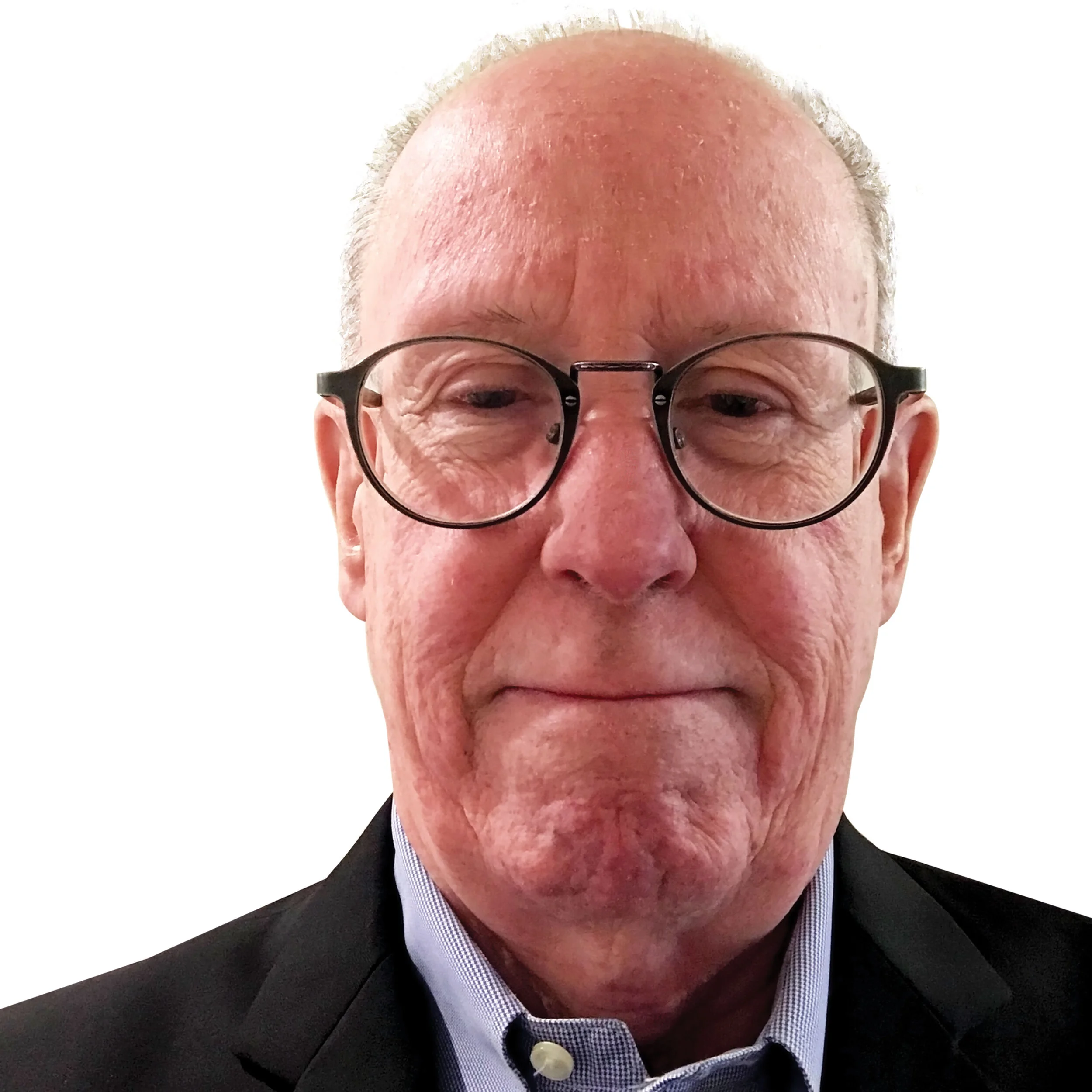Stephen Lane
Stephen Lane
Steve has worked in the field of biophotonics as a research manager and researcher for the last 20 years, first in the Medical Technology Program at Lawrence Livermore National Laboratory, then for the last 5 years as an Adjunct Professor at the University of California, Davis. At UCD he has been a member of the Departments of Radiology and Neurological Surgery. Steve currently serves as the Chief Scientific Officer and Associate Director of the NSF funded Center for Biophotonics Science and Technology headquartered at UCD.
For most of his career, Steve has been involved in both applied research and the development of instrumentation for physics, biology, and medicine. His technical interests include medical sensors, x-ray and optical spectroscopy, imaging and microscopy, computer simulations of photon interaction and transport in tissue, and the development and commercialization of medical devices.
He completed M.S. and Ph.D. degrees in Applied Science Engineering from UCD, holds 15 patents, has over 100 peer reviewed publications, received two R&D 100 Awards, a DoE Award for Excellence in Technology Transfer and, at a White House ceremony, received the Department of Energy Bright Light Award for work on the development of an optical glucose sensor. Steve has led or participated in projects funded by DoE, DoD, DARPA, NIST, NIH, NSF, LLNL, and UC. He was the founder and executive officer of a start-up company that performed technical consulting and produced products for radiation detection and protection for research and for the radiopharmaceutical industry. He is currently or has formerly been a member of numerous boards and review panels including the Executive Committee of the UCD Cancer Center Biotechnology Program, the Research Advisory Committee of the UCD McClelland Nuclear Radiation Center, the Scientific Advisory Board for the Australian Research Council’s Centre of Excellence for Coherent X-Ray Science, the NSF Biophotonics Advanced Imaging and Sensing for Human Health (BISH) proposal review panel, the Special NIBIB Director's Optical Imaging Program Progress Review Committee, and the DoE Committee on New Frontiers in Characterizing Biological Systems. He has taught graduate classes in biomedical imaging and is currently an instructor for the Super-Resolution Microscopy short course at the annual Conference on Lasers and Electro Optics, Optical Society of America.


